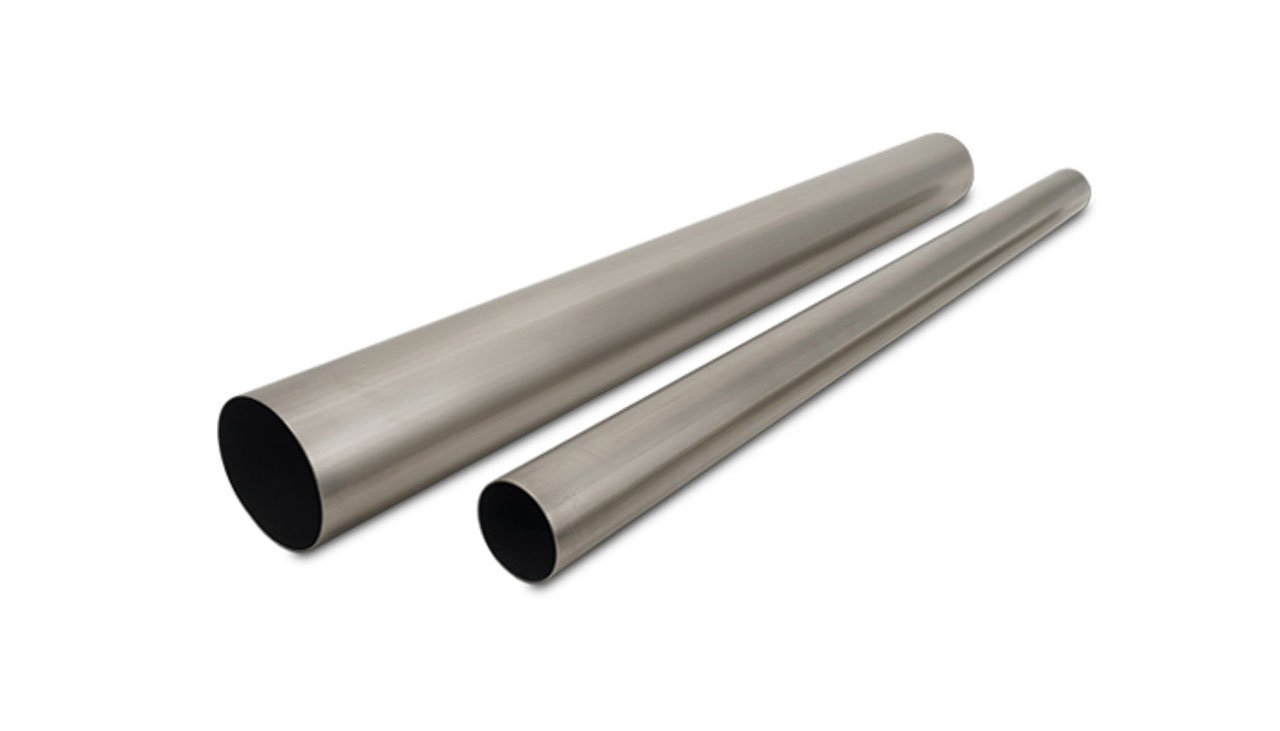The Development Potential Of Titanium Tubes In The Energy Industry
Time:2023-10-25
View:224218
The Development Potential Of Titanium Tubes In The Energy Industry
Titanium tubes have significant development potential in the energy industry due to their unique combination of properties, including high strength-to-weight ratio, corrosion resistance, and excellent heat transfer capabilities. Here are several areas within the energy sector where titanium tubes are finding applications and demonstrating their potential:

1. Heat Exchangers: Titanium's high heat transfer efficiency makes it well-suited for use in heat exchangers, which are crucial components in various energy applications. Whether in power plants, refineries, or HVAC systems, titanium tubes can enhance the overall efficiency of heat exchange processes.
2. Desalination: In the growing field of desalination, where seawater is converted into fresh water, titanium tubes are often used in the heat exchangers and evaporators due to their corrosion resistance, which is essential when dealing with highly saline environments.
3. Oil and Gas Industry: Titanium tubes are used in the oil and gas industry, particularly in offshore applications. Their corrosion resistance and high strength make them suitable for subsea pipelines, heat exchangers, and other critical components where resistance to harsh environments is necessary.
4. Power Generation: Titanium tubes can be employed in power generation, including nuclear power plants, where corrosion resistance is vital. They are used in steam generators, condensers, and other components to increase the efficiency and lifespan of these systems.
5. Aerospace and Aviation: In the aerospace industry, titanium is widely used in heat exchangers for aircraft engines and gas turbine systems due to its lightweight yet strong properties, which help improve fuel efficiency.
6. Renewable Energy: Titanium tubes can be utilized in renewable energy applications such as geothermal power plants and solar thermal systems. Their resistance to corrosion and heat, as well as their lightweight nature, make them valuable in these environments.
7. Chemical Processing: Titanium tubes are crucial in chemical processing plants, where corrosive chemicals are used. They can resist the corrosive effects of various chemicals, which is essential for maintaining the integrity of equipment and ensuring safety.
8. Hydrogen Production: With the growing interest in hydrogen as a clean energy carrier, titanium tubes are being explored for use in high-temperature electrolysis processes and hydrogen transportation due to their resistance to hydrogen embrittlement.
9. Nuclear Energy: Titanium has applications in the nuclear energy sector due to its corrosion resistance, particularly in components like heat exchangers and reactor vessels.
10. Seawater Cooling: Many power plants, especially those located near coastlines, use seawater for cooling. Titanium tubes are well-suited for seawater cooling systems, as they can withstand the corrosive effects of seawater.
In summary, the development potential of titanium tubes in the energy industry is significant and spans a wide range of applications. Their unique properties, including corrosion resistance, heat transfer efficiency, and strength-to-weight ratio, make them valuable in improving the efficiency, durability, and safety of various energy-related processes and systems. As technology continues to advance, it is likely that we will see even more innovative applications for titanium tubes in the energy sector.



